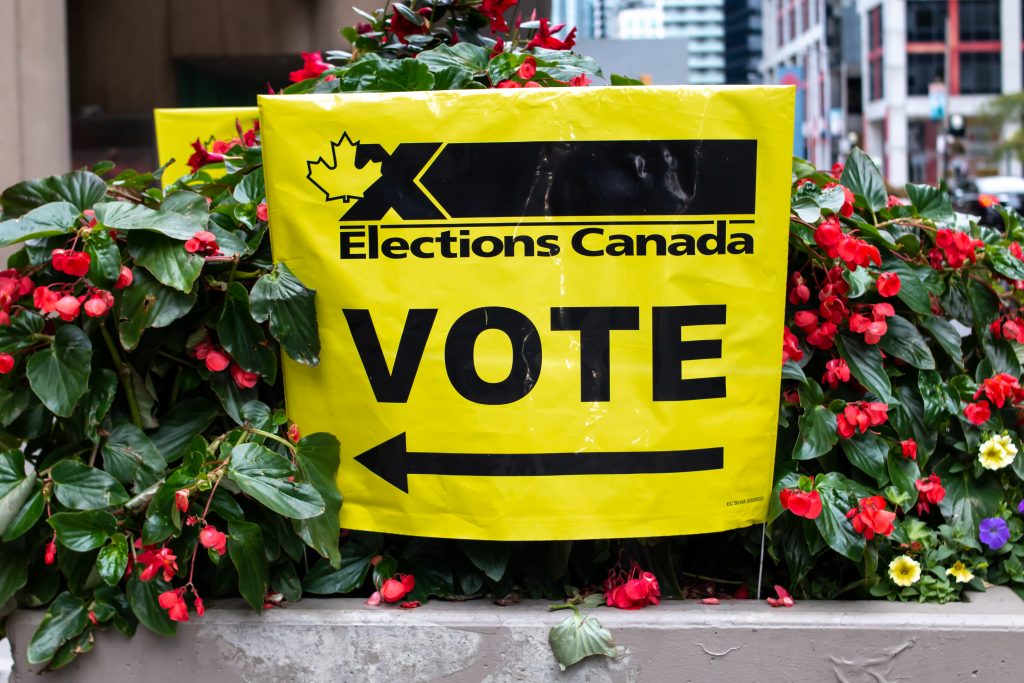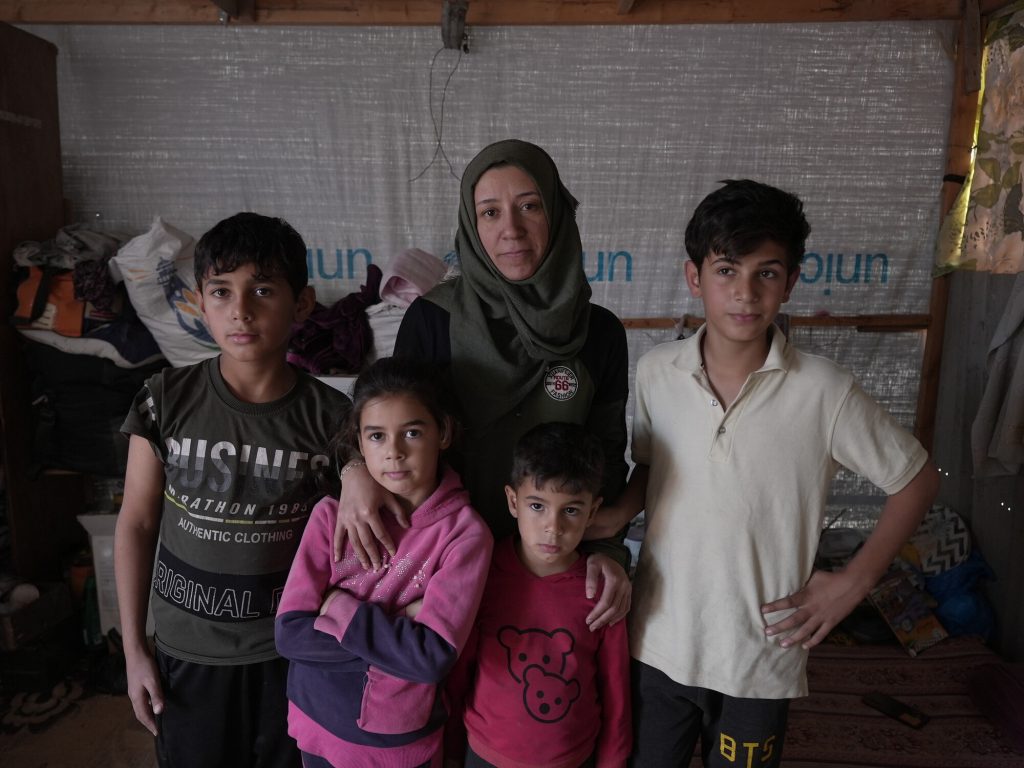How can we help create more women leaders?
The evidence is clear: Strong development and the achievement of women’s rights are intrinsically bound – in everything from economic growth, access to education, food and health security to the environment, peace‐building and good governance.
Yet of the people who live in extreme poverty around the world, most are women. Women do two-thirds of the world’s work and produce half of the world’s food. They earn only 10 percent of the world’s income, and too often don’t have enough to eat.
Today, one in five parliamentarians worldwide is a woman – almost double the proportion in parliaments 20 years ago. This is good progress – thanks in large part to the work of women’s movements and women’s rights activists – but at this pace of change it would take nearly 40 years to arrive at gender parity in parliaments.
When women go unheard, not only are their interests under-represented, but their valuable skills, ingenuity, resilience and knowledge are unused. Raising women’s voices, increasing their influence, and making decision-making more accountable to women are all therefore needed for overcoming poverty and hunger.
Increased participation
Efforts to advance women’s leadership often focus on increasing their participation in politics and public life. This makes a significant difference for women and society.
When public decision-makers truly represent the societies they serve, public trust and accountability are built.
And when both women and men’s perspectives are taken into account, policies are more likely to enable equal access to opportunities and have inclusive outcomes. With laws and systems that guarantee better health care that takes women’s needs into account, for example, fewer women die in childbirth and fewer children die from easily preventable diseases.
For these reasons we – the development community – need to build on existing momentum and push for more improvements in legislation and policies for selecting and electing women to office.
But this is only one part of the picture.
Promoting women’s political and public leadership may be ineffective if we ignore the broader context of attitudes, beliefs, the ability to make decisions and ascertaining where the power lies.
Creating space to demand rights
What’s needed is to create space for women to demand their rights. From 2008 to 2013, Oxfam’s Raising Her Voice program worked with more than 1,000 coalition members in 17 countries to ensure that women influenced decisions about services, investments, policies and legal frameworks in the places where they lived.
This included new domestic and sexual violence legislation in Nigeria, Mozambique, Uganda and Pakistan, as well as a law aimed at preventing political violence against women candidates and voters in Bolivia.
Our experience was that for women’s participation and leadership in governance systems to be meaningful, their political confidence and influencing capacities had to be strengthened. And to do this, we needed to think differently about leadership — as a way to collaborate, to build strength collectively and to encourage inclusivity.
An example can be found in the Amhara region of Ethiopia, where as part of the Women’s Collective Action in the Honey Section in Ethiopia Oxfam established informal women’s self-help groups to facilitate “consciousness-raising” for women to gain the confidence and skills to assume new roles in beekeeping and honey production cooperatives.
Female participation and leadership in this traditionally male enterprise has changed the way that industry is shaped, and women are getting their products to market.
Visions and strategies for change
It’s more important than ever for women to be supported to develop their own visions and strategies for change, so that they can claim their rights and affect change.
In alliance and in partnership with civil society and women’s movements around the world, Oxfam aims to focus more attention on transformative leadership in the coming years. We will work to reform unfair laws and policies, and challenge inequitable power relations between men and women in government, markets and households.
This will require working on ourselves: our approach to transformative leadership means being thoughtful and insightful about our behavior as development actors, challenging ourselves individually and collectively to be better activists and leaders.
Long-held and deeply entrenched prejudices will take time to break down.
But along the way – and in the interests of all – we must support women to claim their rights and make decisions about their lives.
Winnie Byanyima is Oxfam International Executive Director.
Originally posted by Devex: When women go unheard, 27 March 2014.

